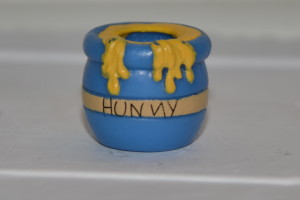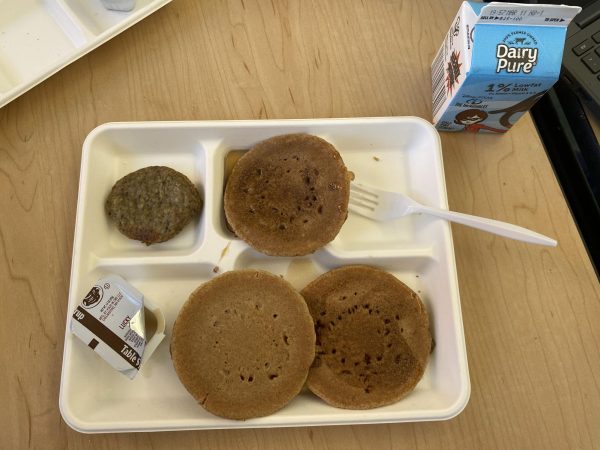Honey: Natures’s Litle Power House
Honey, a favorite sweet treat among many, is now also proving to be a powerful medicine. Over the past couple of years, it has come to people’s attention that consuming honey and or rubbing honey on wounds or sores, may result in great health benefits.
Most people are unaware that bee honey has an alternative use other than serving as a tasty addition to their early morning tea. Ms.Pepe, an art teacher here at Ipswich High school expressed her shock by stating “I had no idea honey was now being used to perform as a type of medicine, although I have got to say I am not surprised, bees always struck me as very resourceful and smart insects.” However, what people fail to understand is that the use of bee honey is not a new discovery. Use of honey actually traces back to as early as 320 BC. The possible benefits of consuming honey were actually noted in early Greek, Roman, Vedic, and Islamic texts. The healing qualities of honey were even referred to by philosophers and scientists all the way back to ancient times. The Greeks even believed that by consuming large amounts of honey, you could increase your lifespan. The Islamic prophet Mohammad glorified the healing powers of honey. But perhaps the cultural group that utilized the benefits of honey the most was the Egyptians. They were the first to come to the realization that honey could in fact be used to help heal open or infected wounds. They discovered that after rubbing honey on a wound, it would slowly start to heal. To the Egyptians, honey served the same purpose that ointments like Neosporin or bacitracin serve for us today.
The question that still remains among many is: “Why does honey possess the ability to perform such healing/health benefits?” Well one contributing factor to honey’s medicinal power is its contents. Honey is made up of high levels of monosaccharaides such as fructose and glucose and minerals such as iron, phosphate, sodium chlorine, potassium, and magnesium. Honey’s unique composition makes it useful as an antimicrobial agent as well as an antioxidant. Antioxidants help to protect the skin from the damage inflicted by UV rays and help keep your skin looking young and healthy. This makes honey especially attractive to women who are trying to keep their skin from aging and forming wrinkles caused by one too many days in the sun.
Middle-aged women are not the only ones seeking honey’s benefits. Studies have shown that it also has the power to offer natural relief to seasonal allergies and respiratory ailments, can improve one’s energy and stamina, and help to reduce stress. Therefore, honey is also beneficial to allergy sufferers, those with breathing issues, and athletes and busy people of all ages who are trying to stay energized. Its stress relieving capabilities, make honey a key want for highschoolers or anyone for that matter experiencing stress in their hectic lives. Sarah Atkinson, one of our very own Ipswich High School seniors says, “I knew there was a reason I always felt better after eating honey. Maybe if more people ate honey they would not be as high-strung as they are now.” Who knows, maybe Sarah is right; maybe everyone could in fact benefit from honey’s all mighty powers.
The value of this simple and sweet syrup is finally being noticed and its benefits are being taken advantage of more and more each day. This may only be the beginning. I believe that new discoveries regarding honey and its health benefits will continue to be revealed over time. In the meantime, enjoy your honey. Not only is it delicious, but it is good for you.




